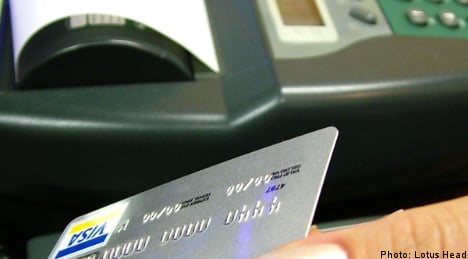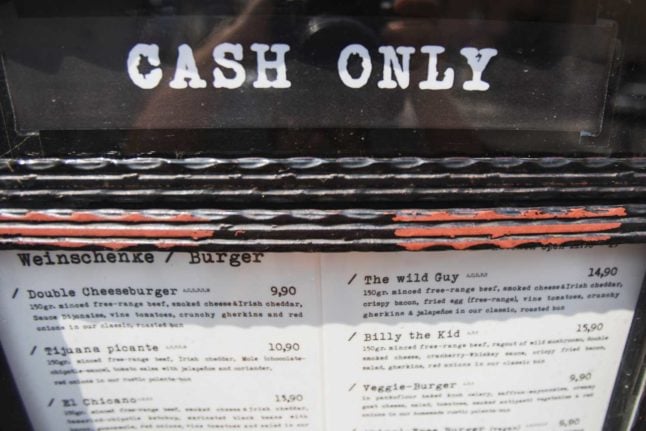The authority’s director-general Mikael Sjöberg refused to rule out the drastic measure in an interview on Wednesday.
“You can’t rule anything out, it just depends on how risky the situation is. We have very extensive possibilities to explore,” Sjöberg told trade union publication Handelsnytt.
The authority is set to conduct an inspection of 3,000 small stores across Sweden to chart opportunities aimed at improving the working environment.
“It is not acceptable that people go to work in fear and concerned that they could be subject to a robbery, which does actually happen in this sector,” Mikael Sjöberg said.
The Work Environment Authority has previously pushed through cash bans on buses in Sweden after a spate of hold-ups.
Robberies against retailers accounted for 9 percent of all robbery cases reported in Sweden in 2007, according to statistics from the National Council for Crime Prevention (Brå). From just under 400 cases per annum in 1987, the number of cases had more than doubled by 2007 after a peak in 2005.



 Please whitelist us to continue reading.
Please whitelist us to continue reading.
Member comments